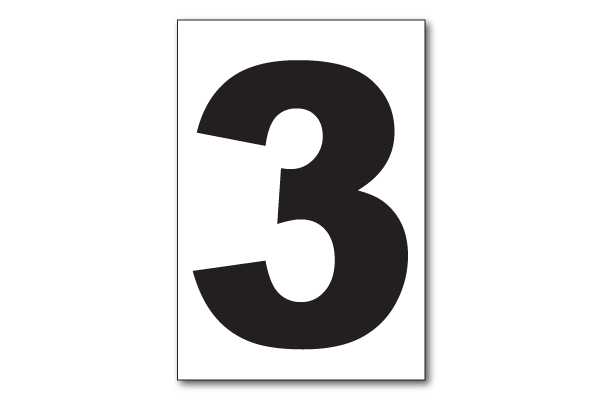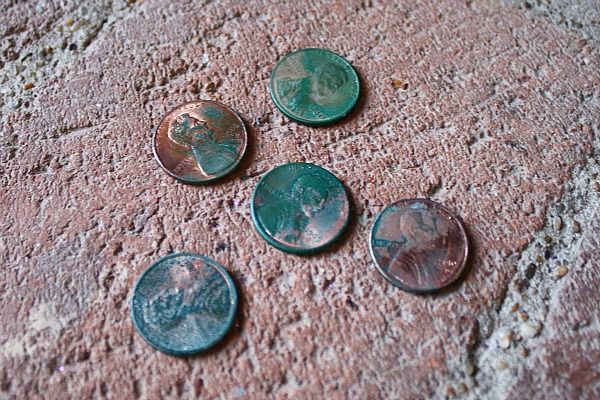Do you believe in mind programming? You should! Some of the things that you believe in are nothing but repeated iteration of beliefs passed down by generations. You believe it because you are told by a source you trust completely. Some had logical reasons for their origin at the time when they originated and may no longer hold true, but are followed anyway.
Here is a list of such common superstitions :
1. God bless you for sneezing
With a grim origin, the habit of saying “God bless you” comes from the time when the black plague devastated Europe because sneezing was one of the first symptoms. The saying was simply a way to wish the sick person the best of luck with his condition.
2. Black cats crossing your path
The poor cat get blamed for people’s misfortune on a daily basis because during the Dark Ages, these animals were presumably the companions of magic wielders, like warlocks and witches.
3. Teen Tigaada Kaam Bigaada
The meaning of this quote is “Three is Unlucky”. Just like The Number 13, 3 is also rendered to be unlucky in various ways, like going to do some work in a group of 3 would surely give a negative output. That is why, it is said that 3 Tigaada, Kaam Bigaada.
4. Cracking a coconut before using something new
A coconut is cracked open on the ground with force, so that it breaks into pieces, in front of something new. This is meant as a way of inaugurating this new thing and praying for its longevity.
5. The Number 13
That is a pretty common superstition living in the hearts and minds of numerous people around India. The fear of number 13 is the biggest fear in their life. They don’t perform any big task, or begin a new business on 13th of any month, especially when that 13th is a Friday.
6. Find a penny, pick it up
And all day long, you’ll have good luck. This little ditty may arise because finding money is lucky in and of itself. But it might also be a spin-off of another old rhyme, “See a pin, pick it up/ and all day long you’ll have good luck/ See a pin, let it lay/ and your luck will pass away.”
Author’s Name: Pulkit Kalra










